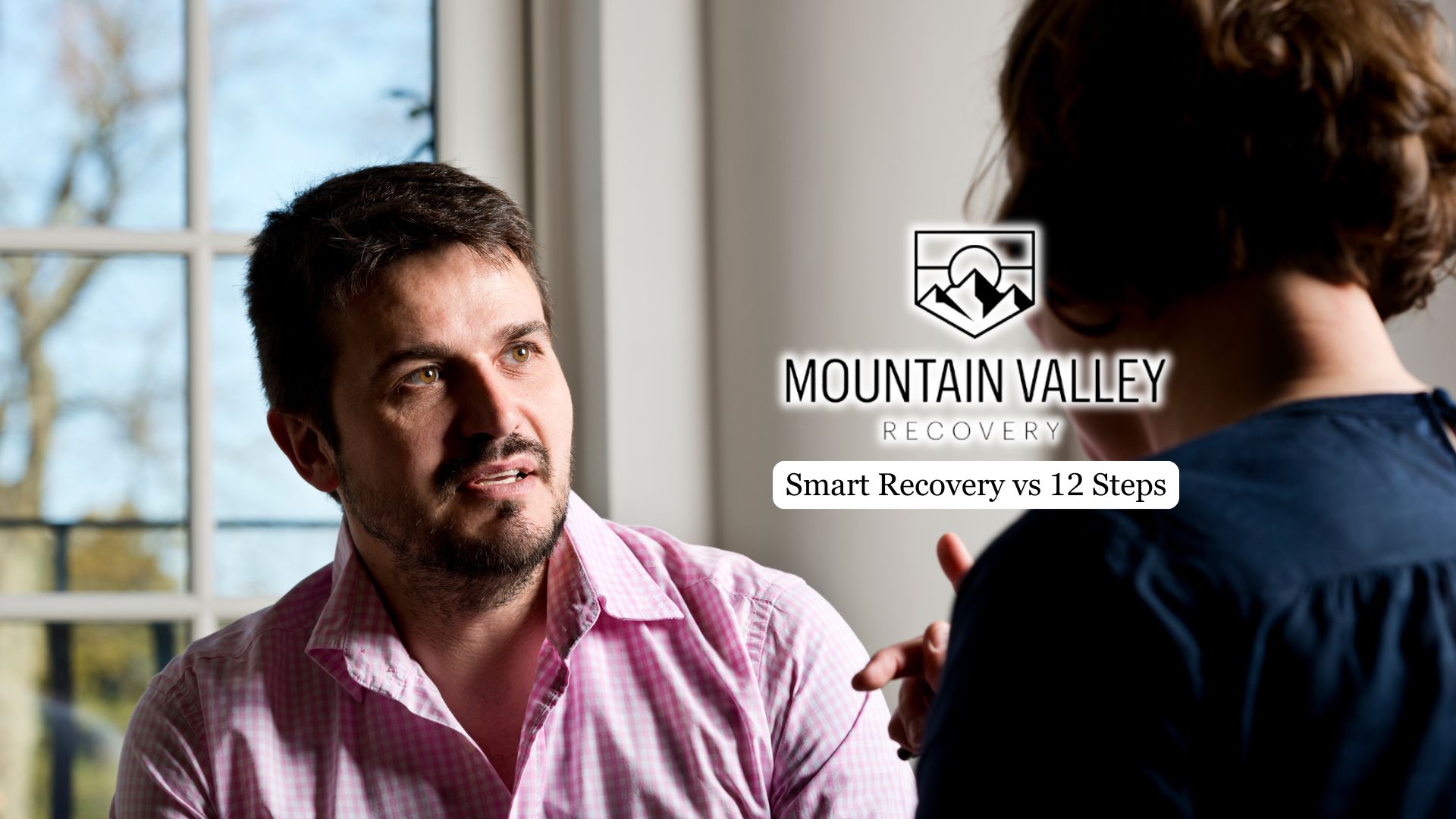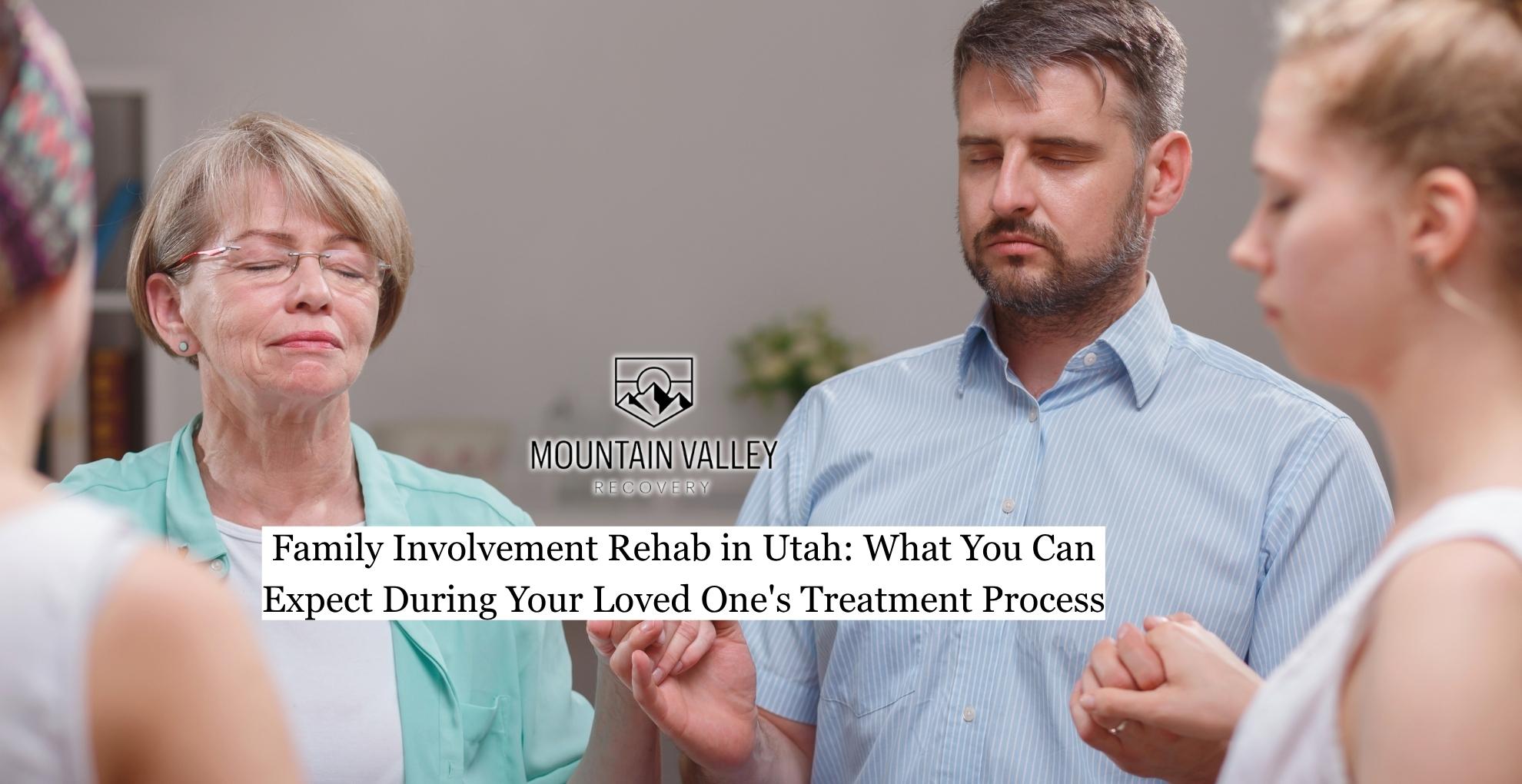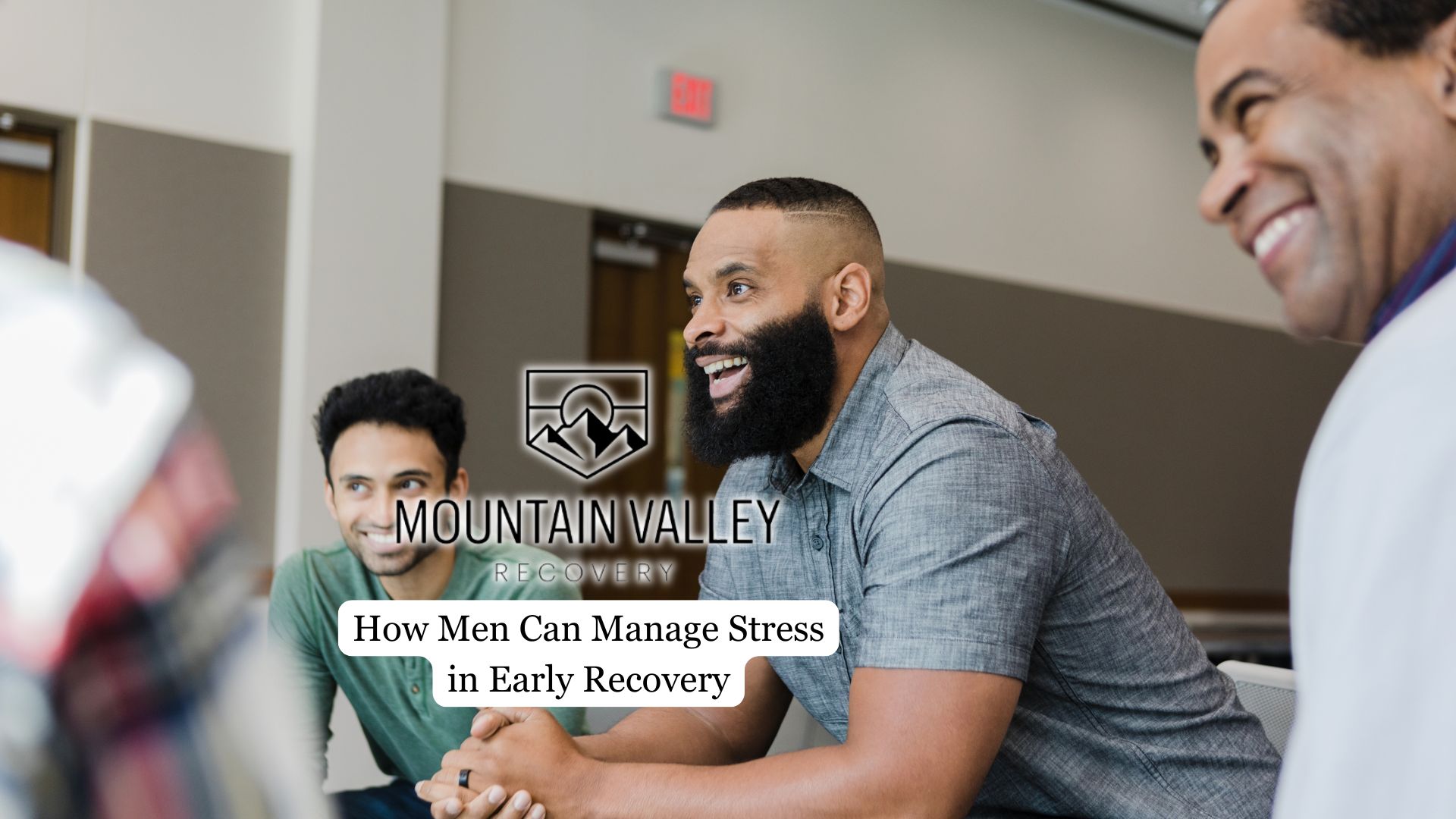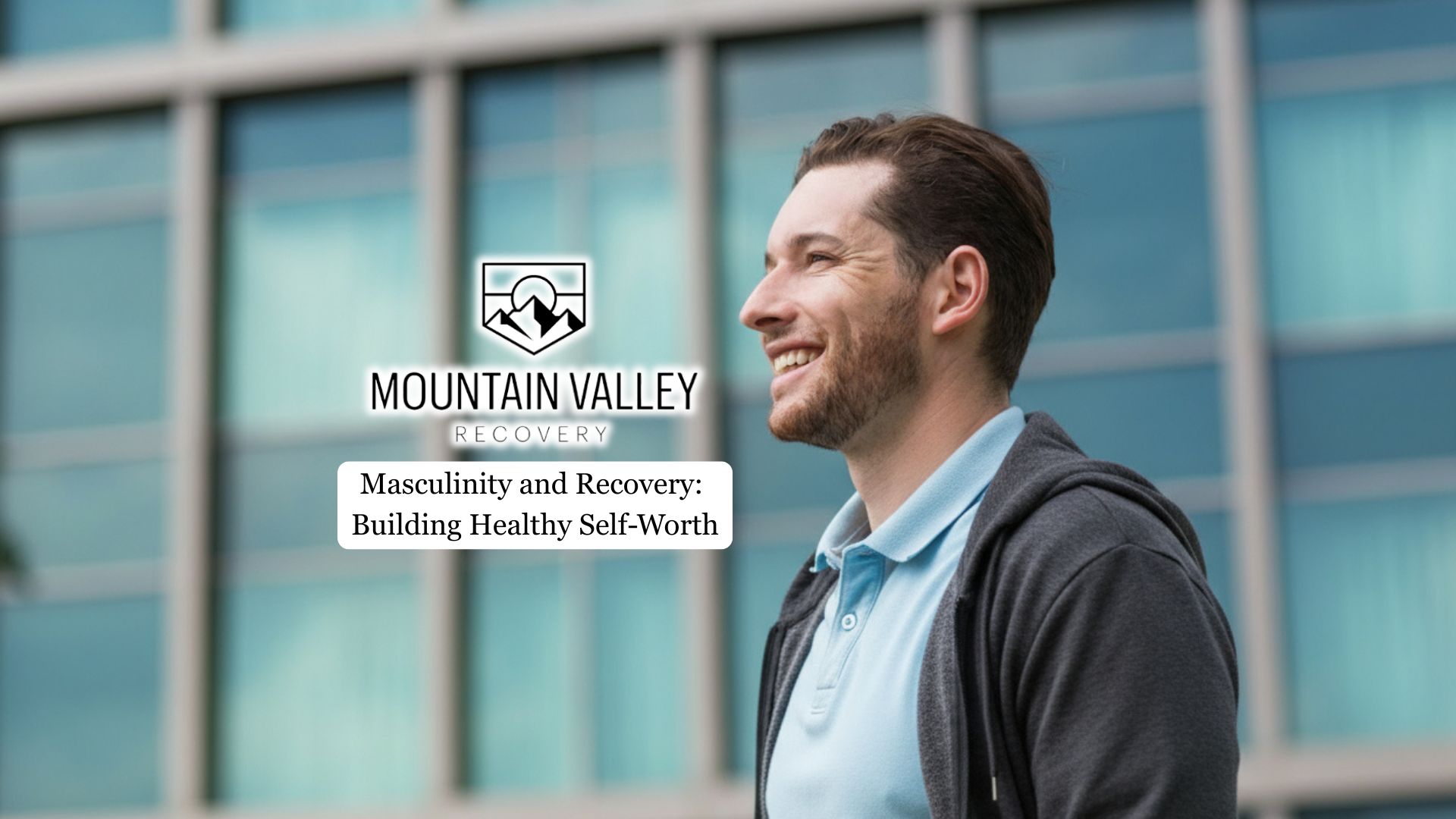The landscape of addiction recovery offers multiple pathways to healing, each with its unique philosophy and methodology. Among the most prominent approaches are SMART Recovery and 12-Step programs like Alcoholics Anonymous and Narcotics Anonymous.
In this article, we’ll compare SMART Recovery and 12-Step programs, highlighting their core philosophies, key differences, and how each supports addiction recovery, helping readers decide which path or combination best fits their needs.
Understanding the Foundations
Understanding the differences between SMART recovery and 12 Steps is crucial for individuals seeking addiction treatment and recovery, as the right fit can significantly impact their journey toward sustained sobriety and personal growth.
What is SMART Recovery?
SMART Recovery is a secular, science-based program that empowers individuals to take charge of their recovery from substance use and behavioral addictions. Grounded in cognitive-behavioral principles, it promotes self-reliance and personal growth through evidence-based tools.
Unlike spiritual models, SMART views addiction as a behavioral and psychological issue best addressed through skill-building and self-awareness.
What are 12-Step Programs?
12-Step programs, beginning with Alcoholics Anonymous in the 1930s, are globally recognized for their spiritually grounded approach to addiction recovery. Centered on principles like trust, acceptance, and surrender to a higher power, these programs have been adapted for various addictions, including drugs and gambling.
With nearly a century of history and millions of participants, 12-Step programs continue to be a foundational and time-tested path to recovery for many.
Program Structure and Methodology
SMART Recovery Structure
SMART Recovery operates through a flexible 4-Point Program that allows participants to address components in any order that suits their needs:
- Building and maintaining motivation – Helping individuals identify and sustain their reasons for change
- Coping with urges – Developing practical strategies to manage cravings and triggers
- Managing thoughts, feelings, and behaviors – Learning to recognize and modify destructive patterns
- Living a balanced life – Creating sustainable lifestyle changes that support long-term recovery
This non-linear approach draws from established therapeutic methodologies including cognitive-behavioral therapy (CBT), motivational enhancement therapy (MET), and rational emotive behavior therapy (REBT). The focus remains consistently on developing practical skills and fostering self-directed change, empowering individuals to become their own recovery experts.

12-Step Program Structure
The 12-Step model follows a sequential spiritual and personal growth process, beginning with admitting powerlessness over addiction and progressing through belief in a higher power, conducting a moral inventory, making amends to those harmed, and maintaining ongoing personal inventory and spiritual growth. While steps are generally worked in order, many programs allow for adaptation based on individual circumstances.
The structure emphasizes group support through regular meetings, the development of sponsor relationships, and service to others in recovery. This community-centered approach creates a network of mutual accountability and shared experience that many find invaluable in maintaining sobriety.
Core Philosophical Differences
The fundamental differences between these approaches can be understood through several key aspects:
Spirituality
SMART Recovery maintains a secular, science-based foundation, while 12-Step programs emphasize spiritual growth and connection to a higher power.
Powerlessness
SMART Recovery promotes self-empowerment and self-reliance, viewing individuals as capable agents of change. In contrast, 12-Step programs begin with accepting powerlessness over addiction and surrendering control to a higher power.
Approach to Change
SMART Recovery frames addiction and recovery as choices that individuals can make through skill development and rational thinking. 12-Step programs emphasize surrender and spiritual transformation as the pathway to recovery.
Flexibility
SMART Recovery offers a non-linear, self-paced approach where participants can work on different components simultaneously. 12-Step programs typically follow a sequential progression through the steps.
Medication Use
SMART Recovery supports the use of psychiatric medication and medication-assisted treatment when appropriate. Traditional 12-Step programs have historically discouraged medication use, though this stance has evolved in many communities.
Meeting Experience and Community
Community plays a pivotal role in both SMART Recovery and 12-Step programs, providing essential connection and support for individuals seeking recovery
SMART Recovery Meetings
SMART Recovery meetings typically feature educational, open discussions led by trained facilitators. The atmosphere focuses on teaching practical skills, encouraging self-reflection, and problem-solving specific challenges participants face. Meetings often incorporate tools and exercises designed to build coping strategies and enhance motivation for change.
The format tends to be more structured around learning objectives, with participants actively engaging in skill-building exercises and discussing the application of SMART Recovery principles to their daily lives.
12-Step Meetings
12-Step meetings follow a peer-led, group-sharing format rich in rituals and traditions. These may include reading the steps, sharing personal experiences, and participating in group discussions. The emphasis falls heavily on mutual support, accountability, and the sponsorship system, where more experienced members guide newcomers.
The meeting structure creates a sense of belonging and shared identity among participants, fostering deep connections through shared vulnerability and mutual aid.
Accessibility and Suitability
The choice between SMART Recovery and 12-Step programs often comes down to personal beliefs and recovery needs. SMART Recovery appeals to those seeking a secular, science-based approach that emphasizes self-empowerment, personal responsibility, and openness to medical or psychological treatment.
In contrast, 12-Step programs may be better suited to individuals who find strength in spirituality, value structured guidance through recovery, and appreciate the sense of community and service that long-term group involvement offers. Accessibility can also play a role: 12-Step meetings are often more widely available, especially in underserved areas.
Evidence and Effectiveness
Both SMART Recovery and 12-Step programs receive recognition from healthcare professionals and addiction specialists as legitimate pathways to recovery. The evidence base for both SMART Recovery and 12-Step programs continues to grow, with researchers examining factors such as retention rates, long-term sobriety outcomes, and quality of life improvements. What remains consistent across studies is the importance of finding an approach that resonates with an individual’s values, beliefs, and learning style.
Strengths and Limitations
SMART Recovery
SMART Recovery’s strengths lie in its flexibility, evidence-based foundation, and secular, inclusive approach. It supports medication-assisted treatment, allowing participants to tailor their recovery journey. However, its newer status means fewer meetings in some areas, and some may find it lacks the long-term community connection found in other programs.
12-Step Programs
12-Step programs offer long-standing success, wide accessibility, and a strong sense of community support through sponsorship and shared purpose. Their spiritual foundation resonates deeply with many, providing guidance and meaning. However, the emphasis on spirituality may not suit everyone, and traditional views on medication or slower adoption of scientific advances may be limiting for those seeking a more modern, evidence-based approach.
Final Thoughts from Mountain Valley Recovery
The choice between SMART Recovery and 12-Step programs shouldn’t be viewed as an either-or decision. The most important factor in recovery success is finding an approach that aligns with your personal values, beliefs, and learning style.
Nestled in the peaceful landscapes of Holden, Utah, Mountain Valley Recovery is a residential addiction treatment center dedicated to helping young adult males achieve lasting sobriety. Our program combines evidence-based clinical care with real-world experience, encouraging self-reliance, responsibility, and personal growth, empowering our clients to rebuild their lives with purpose, resilience, and integrity.





